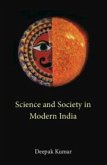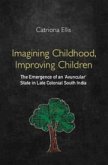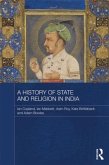In 1956, B. R. Ambedkar publicly converted to Buddhism raising questions about his turn from constitutionalism to religion. The answer lies in Buddhism itself. In the late colonial era, the struggle to produce an appropriate Buddhism for a nation-in-the-making reveals a secret history foundational to modern India. Thinkers, activists, reformers, pilgrims, and monks from around South, Southeast and East Asia discussed universalism, nationalism, modernity, democracy, and caste radicalism and advocated an Indian return to Buddhism and the Buddha. This book traces this genealogy through the Buddhist itineraries and political projects of figures like Anagarika Dharmapala, Swami Vivekananda, Rabindranath Tagore, Jawaharlal Nehru, Vinayak D. Savarkar, Rahul Sankrityayan and Ambedkar, to reveal how Buddhism emerged as democracy's dhamma, the religion of democracy.







